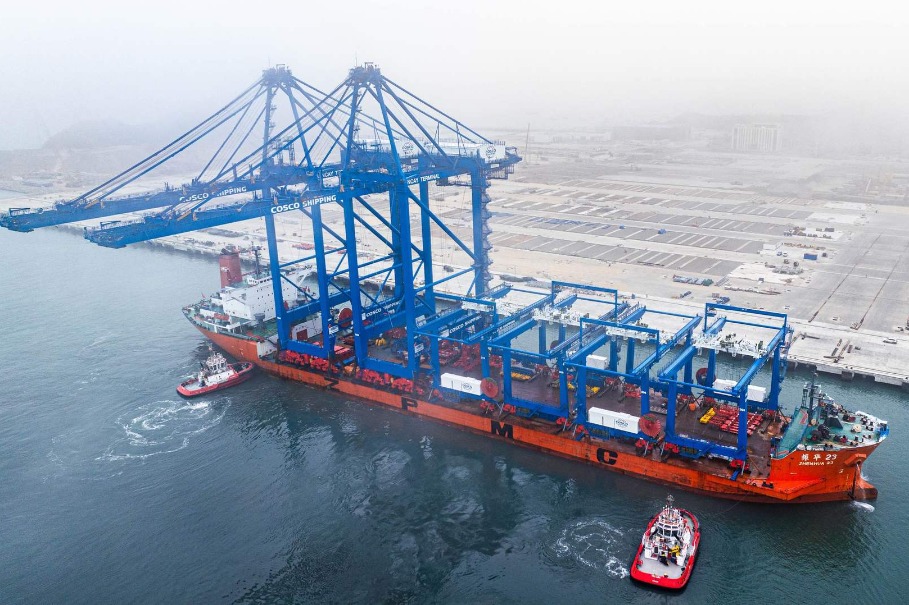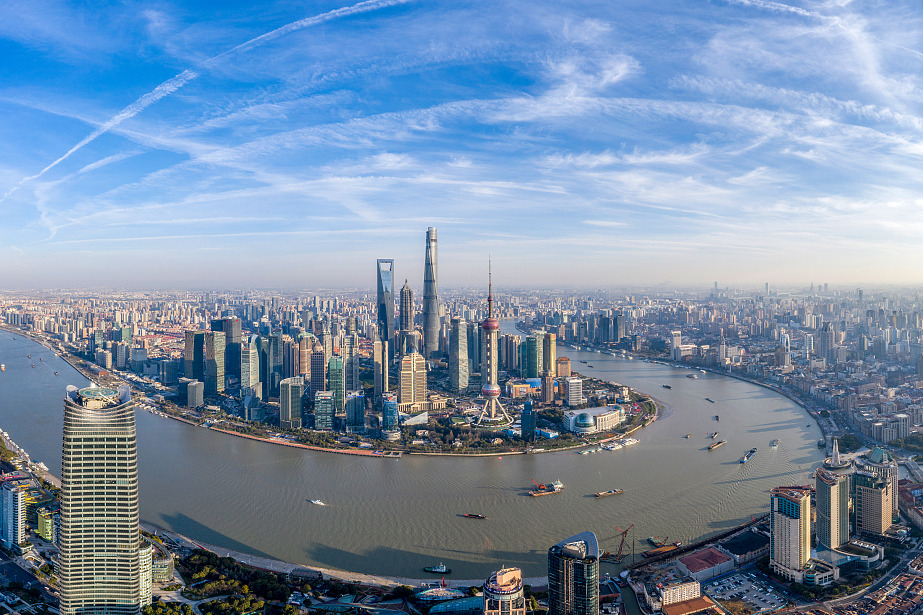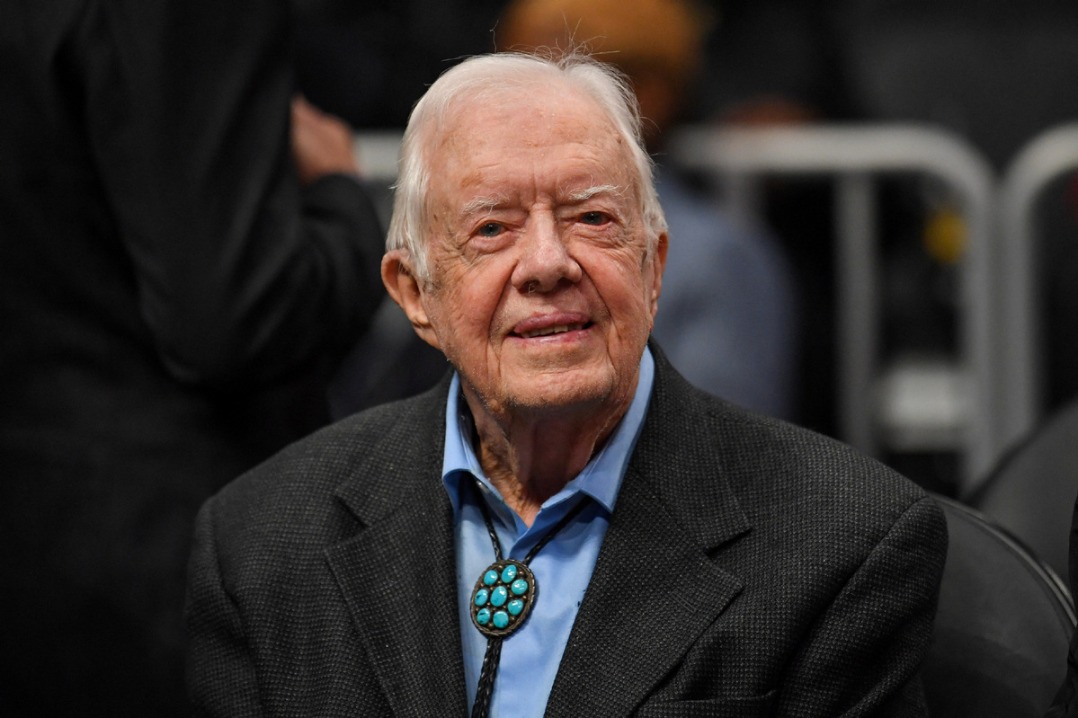'Defensive operations' simply a land grab: China Daily editorial

With the obvious intention of maximizing its gains from the Middle East crisis in any future ceasefire negotiations after the new Donald Trump administration takes office, Israel, with the full backing from the outgoing Joe Biden administration, has apparently strengthened its offensive on different fronts over the past week.
The Israeli Air Force bombed what it claims was Hamas' Aerial Defense Unit in a command and control center embedded in Al Wafa Hospital in the Gaza Strip and nearby Al-Ahli Arab Hospital on Sunday. Hamas-run health authorities claimed that dozens of people had been killed, including hospital staff.
In Syria, Israel is obviously intent on taking advantage of the chaos in the country after the fall of the Bashar al-Assad government to occupy the whole of the Golan Heights, where local residents worry about a full invasion by Israel as the Benjamin Netanyahu government is trying its best to double the number of Israeli settlers in its newly occupied zones on the heights to make its annexing a fait accompli in a short time.
In Lebanon, Israel has continuously launched strikes inside the country despite terms on a ceasefire being agreed with Hezbollah, and is restricting people from returning to their homes in parts of the south with the apparent intention to markedly enlarge the buffer zone in its northern border region. Something Israel is doing on the West Bank as well.
Meanwhile, with the United States and its allies intensifying air strikes against targets in Sanaa, capital of Yemen, that they allege are linked to the Houthis, Israel also initiated a new round of air strikes late last week at targets in the Yemeni city and multiple ports, from which the visiting World Health Organization chief had a narrow escape.
With Hamas, Hezbollah and the hostile Assad government of Syria effectively weakened or collapsed, it seems it is the Houthis' turn now. The Netanyahu government's objective of making the most of Hamas' attack on Oct 7 last year has become increasingly clear. It is not about saving the remaining hostages from Hamas, it is simply a land grab. Israel is intent on seizing as much land from its neighbors as it can by portraying them as "terrorists" and its armed robberies as "defensive operations".
To that end, Netanyahu has sought to bind the United States and Israel together by doing the US' dirty work in the Middle East in exchange for its unconditional support.
These tactics have worked well so far in achieving the Israeli leader's personal aims. But the collateral damage is to the whole of the Middle East. Syria is on the verge of falling into long-term chaos; Lebanon is under threat of a tenuous ceasefire treaty with its control of the buffer zone bordering Israel being markedly weakened; the Palestinian issue has drifted further from the "two-state solution"; Yemen is in Israel's crosshairs with the presidential transition in the US expected to create a window of opportunity for Tel Aviv to carry on its offensive targeting of the last largely intact Iran proxy in the region.
With humanitarian crises sweeping the whole region, it is unknown how long it will take, and how heavy the price that will have to be paid, to bring peace and order back to the region.
The Middle East belongs to the people of the Middle East, who should not become victims of geopolitical competition among countries outside the region. Rather than trying to impose their will on the people of the Middle East by imposing sanctions, applying pressure and provoking confrontation, China calls on the international community to respect the sovereignty and territorial integrity of countries in the region, respect the legitimate and reasonable concerns and independent choices of their people, and respect the historical and cultural traditions of countries in the Middle East.
China has always firmly supported countries in the region exploring their own development paths and supported them in resolving issues through dialogue and consultation. It calls on all parties to uphold the sovereignty, independence and territorial integrity of regional countries, oppose external interference in their affairs and play a constructive role in promoting peace and stability in the Middle East.


































